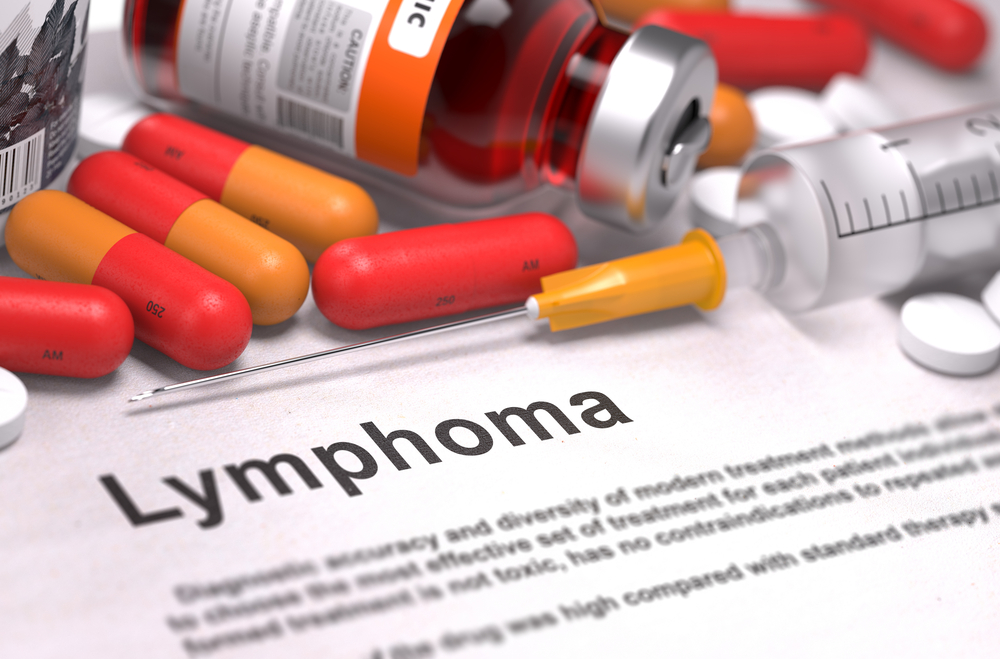Results of a phase one clinical study conducted by a team of researchers from the Perelman School of Medicine at the University of Pennsylvania, indicate that an investigational topical drug, called resiquimod gel, instigates regression of both untreated and treated tumor lesions and may entirely eliminate tumorous cells in patients with an early stage cutaneous T cell lymphoma (CTCL) – a subtype and rare form of non-Hodgkin lymphoma that affects the skin.
There is no cure for the condition besides bone marrow transplant, however in this new investigation researchers demonstrate that the topical gel can eradicate cancerous T cells, leading to lesion reduction. The findings published in the journal Blood provide hope for patients that do not respond to treatments such as phototherapy, topical chemotherapy and even systemic treatment with oral bexarotene and interferon alpha.
Resiquimod (R-848) is a drug that acts as an immune response modifier, and has antiviral and antitumour activity. It is used as a topical cream in the treatment of skin lesions.
The team of researchers co-led by Joel M. Gelfand, MD, MSCE, associate professor of Dermatology and medical director of the Clinical Studies Unit at Penn Medicine, Alain Rook, MD, professor of Dermatology and director of the Cutaneous Lymphoma Program at Penn Medicine and Rachael Clark, MD, PhD, associate professor of Dermatology at Harvard Medical School, examined 12 patients with CTCL who had received six treatments with topical resiquimod gel at varying intervals and doses.
Patients were asked to apply stipulated doses (0.03% of 0.06%) to specific skin lesions for a period of 16 weeks. Results showed that some patients treated with the 0.06% dose had full clearing of all of their cancerous cells following eight weeks of treatment. Furthermore, there was an improvement of all treated skin lesions in 75% of the patients, and 30% of patients saw all of their lesions disappear.
The results showed that resiquimod had a positive effect in untreated lesions, resulting in over 50% of improvement in more than 90% of the patients. Two patients, one of whom had been living with CTCL for over 15 years without treatment response, saw full suppression of the condition.
“The results of the trial suggest that resiquimod is safely and effectively absorbed into the skin, and beyond diminishing treated lesions, also enhances the immune response, leading to healing of even untreated lesions,” first author and principal investigator Dr. Rook, said in a news release. “To our knowledge, this is the first topical therapy that can clear untreated lesions and lead to complete remission in some patients.”
The team used a method called high throughput sequencing (HTS), to determine the amount of distinct cancerous cells present within a sample of healthy cells, which allowed them to identify a single cancerous cell amongst 100,000 healthy cells. To quantify the number of malignant T cells, the researchers analysed DNA from biopsies of the same lesion before and after treatment. The results showed that the percentage of cancerous T cells diminished significantly in nine of ten patients, three of whom had complete suppression of the malignant population, and one who had a 99.6% reduction.
“Overall, lesions responded far better to topical resiquimod than they have with other topical therapies, including some potent topical steroids and topical chemotherapy, and was extremely well tolerated by patients,” Rook said. “Building upon previous research, our study suggests resiquimod might be useful in combination with other therapies in the treatment of more advanced CTCL. Further research with larger participant populations is needed to determine the best approach and application for these patients.”


